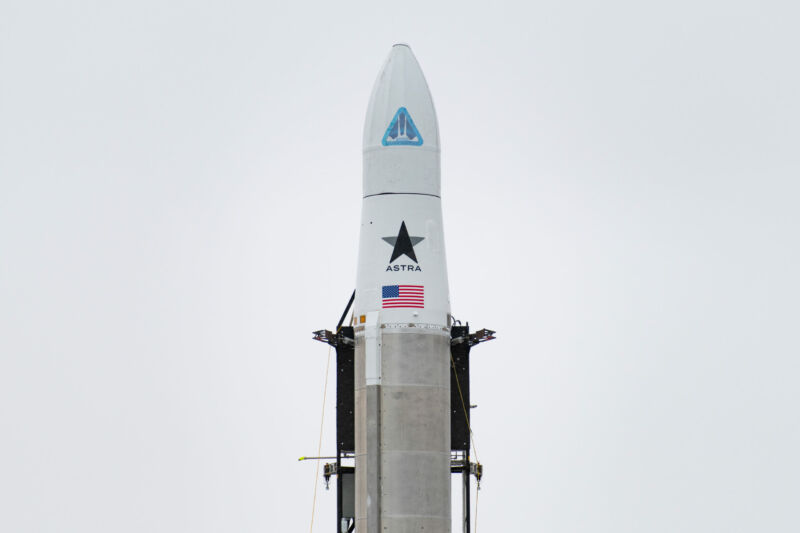Astra came close to achieving what DARPA has sought for two decades
Despite the prospect of losing out on a $2 million check from the US Defense Advanced Research Projects Agency, and potentially $10 million more later this month, Astra engineers halted the launch attempt. They thought the problem may lie with a faulty sensor, as bad data was intermittent, but they weren't sure.
"By making the decision to not fly today, we’ll have the opportunity to fly this rocket safely at a later date," Kemp said. He said the company is likely "weeks" away from trying again rather than months.
The DARPA Launch Challenge—which sought to demonstrate flexible and responsive launch capabilities in days, not years, for national defense—gave Astra essentially a month's notice to prepare a rocket and launch it from Alaska. The company moved quickly, shipping its small booster to the launch site and setting up the location in less than two weeks. A combination of poor weather over the weekend and the technical issue on Monday scuttled the chance. "We were very sorry not to hand over a big check today," said Todd Master, manager of the launch challenge for DARPA.
The failure to launch Monday does not diminish what Astra accomplished. The privately-backed venture from Alameda, California, was the last company left standing in a competition with 18 teams that originally qualified.

No comments:
Post a Comment